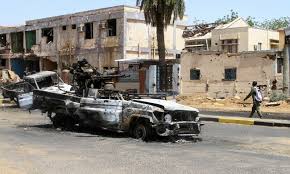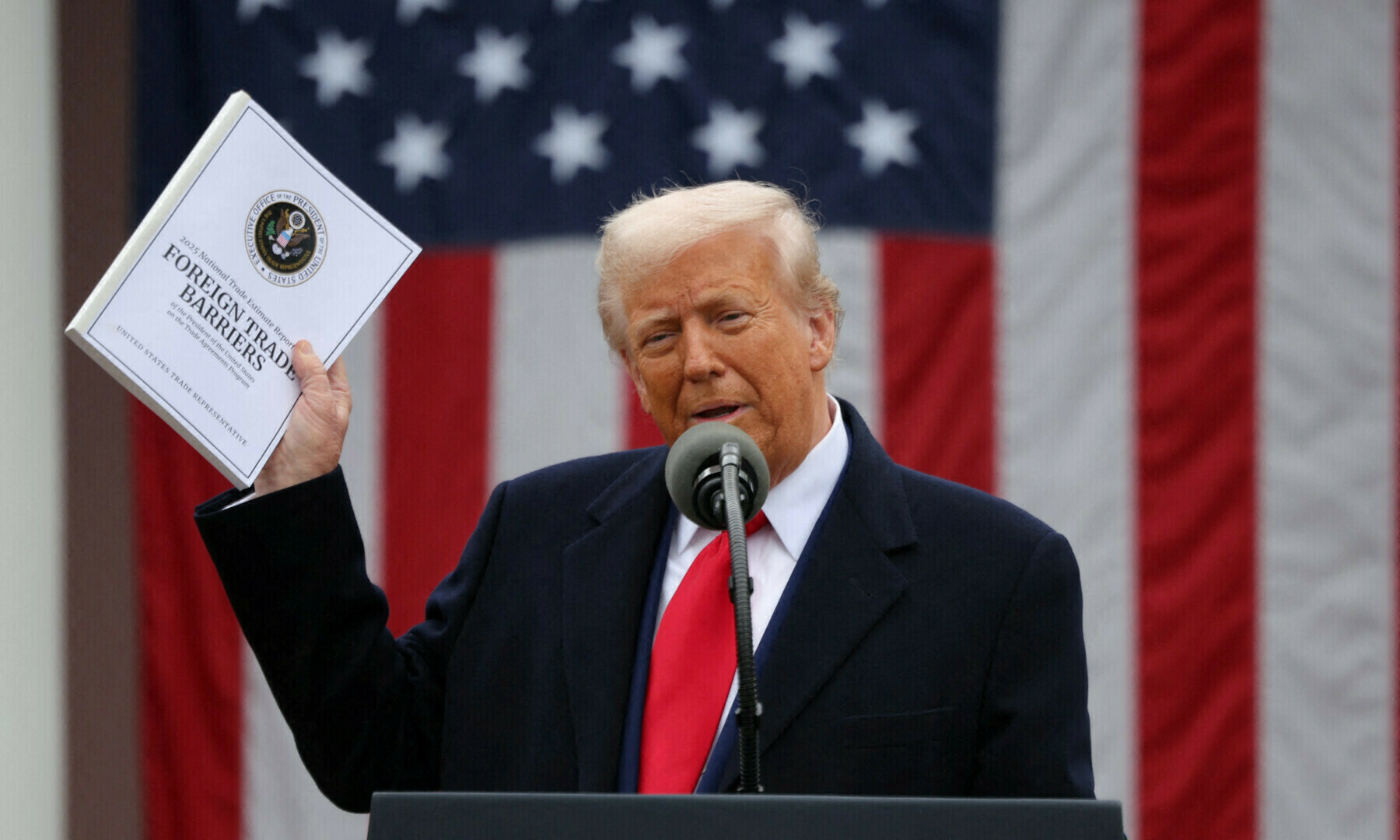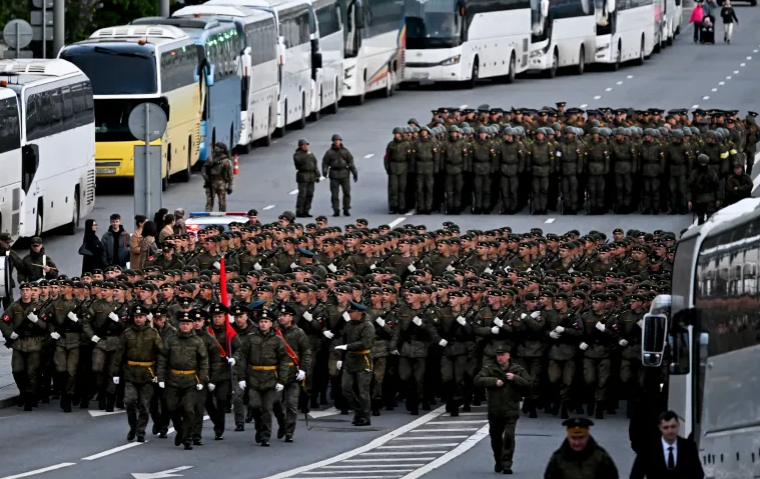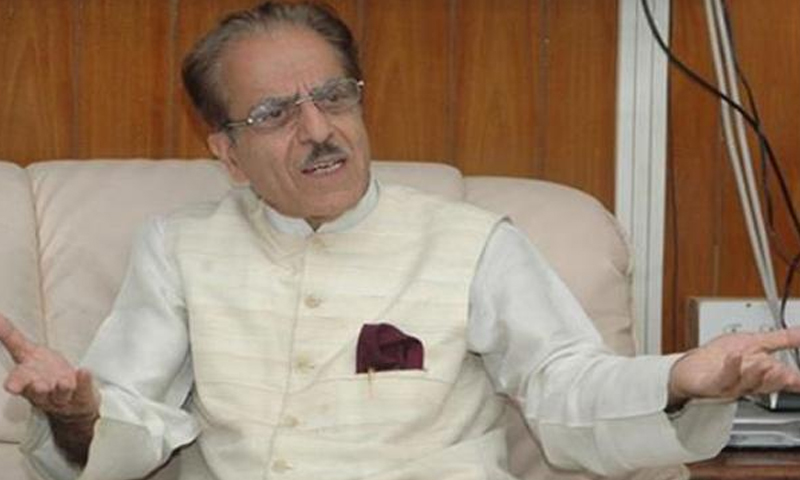WORLD NEWS
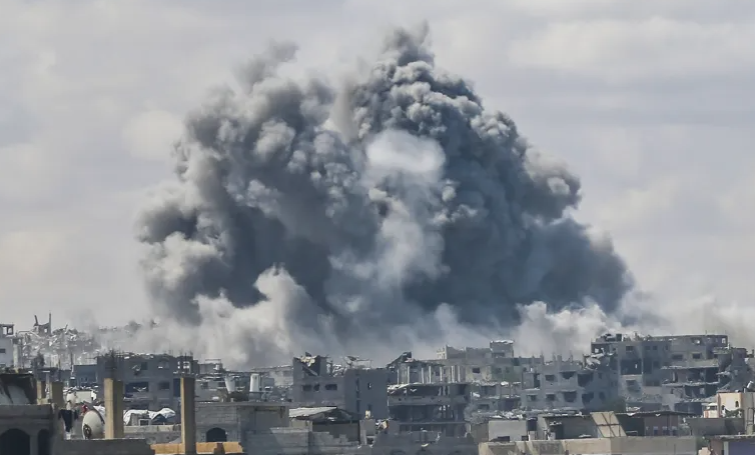
Israel’s political and military leadership has approved controversial plans to expand the Gaza offensive, with intentions to seize control of humanitarian aid deliveries to the region, which is currently under siege. The announcement has sparked significant debate both within Israel and internationally.
Details of the Plans
Reports indicate that Prime Minister Benjamin Netanyahu’s Security Cabinet has unanimously approved a plan to mobilize reservists and place the Israeli military in charge of the distribution of food and vital supplies to Gaza’s 2.3 million residents. Officials have stated that the plans could go as far as the “conquest” of Gaza, with military control extending over the entire enclave.
Strategic and Humanitarian Implications
One key aspect of the plan would involve the occupation of Gaza, potentially including the forced relocation of its population to southern Gaza for their protection. Additionally, the Israeli military is considering the involvement of international organizations and private contractors to distribute humanitarian aid within military-controlled zones.
Despite these plans, Israel has rejected claims from aid organizations that Gaza is facing famine. According to Israeli officials, the territory still has sufficient supplies for the time being, even as many Palestinians remain without adequate food or basic necessities.
Controversy and International Reactions
The plan has generated significant backlash from humanitarian groups. The Humanitarian Country Team (HCT), which includes UN agencies, has condemned the idea, arguing that the provision of aid under Israeli military control would violate fundamental humanitarian principles and could be used as a pressure tactic in the ongoing conflict. The United Nations also rejected the plan, stating that it does not adhere to principles of neutrality, independence, and impartiality in aid delivery.
The Hamas group, which governs Gaza, also criticized Israel's strategy, calling it “political blackmail”. In a statement, Hamas emphasized that Israel is fully responsible for the humanitarian catastrophe in Gaza, including the severe shortages of food, water, and medical supplies.
Domestic Tensions in Israel
The plans have also sparked significant divisions within Israel itself. During a heated cabinet meeting, Army Chief Eyal Zamir warned that pushing forward with a full military offensive could result in the loss of Israeli hostages being held in Gaza. National Security Minister Itamar Ben-Gvir, however, supported harsher measures, advocating for continued blockades and even bombing food warehouses in Gaza.
Opposition Criticism
Opposition leaders in Israel, including Yair Lapid, have questioned Netanyahu's strategy, with some arguing that mobilizing tens of thousands of reservists without a clear goal or a defined military strategy risks escalating the conflict without achieving tangible results. Critics argue that the focus should shift to humanitarian aid and efforts to secure the safe return of Israeli hostages, rather than expanding the offensive.
Concerns Over Humanitarian Impact
In recent months, several attempts to deliver food and supplies to Gaza have met with limited success. The flour massacre in February 2024, in which more than 100 Palestinians were killed by Israeli soldiers while waiting for food supplies, remains a flashpoint in the ongoing debate over Israel’s handling of Gaza’s humanitarian needs. Meanwhile, attempts by the US military to build alternative aid delivery systems, such as a $230 million floating pier, have faced significant challenges and have been largely ineffective.
Humanitarian groups continue to urge the international community to intervene and press Israel to lift the blockade to allow for the safe and full delivery of critical aid to the people of Gaza.
